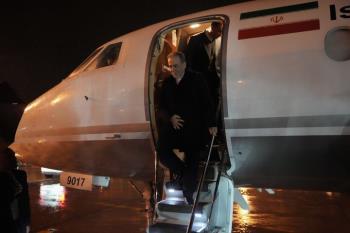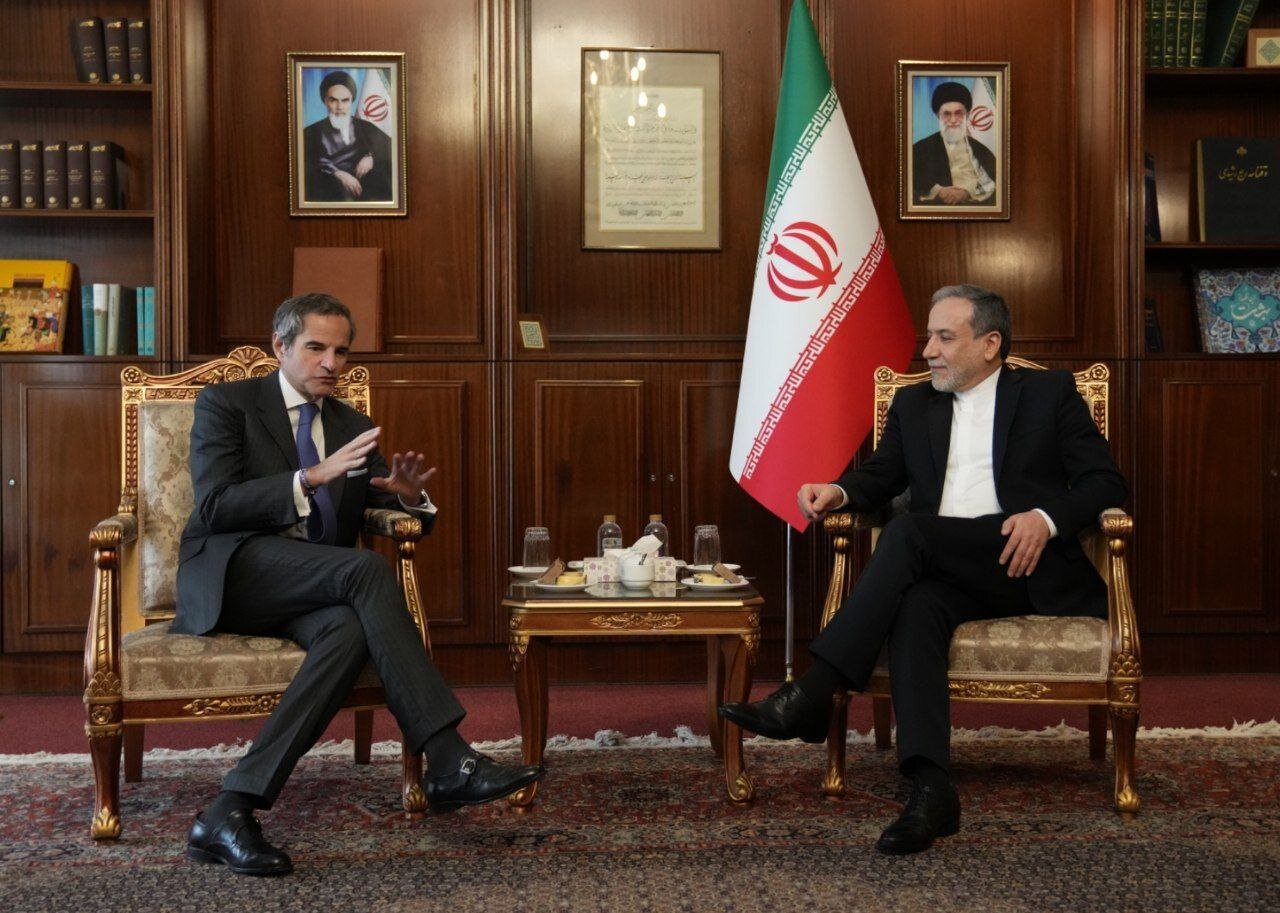ALWAGHT- Iranian Foreign Minister Abbas Araghchi warned the IAEA Director General that threats against Iran are doomed to fail.
Iran nuclear tensions have been escalating in recent months, fueled by attacks on Iran’s nuclear infrastructure and renewed pressure from Western powers, particularly the United States. The June strikes on sites in Isfahan, Natanz, and Fordow, which the IAEA described as causing “severe” damage, are widely believed to have been part of a coordinated effort by Israel and the US to slow Iran’s nuclear advancements. Despite this, Iran has reportedly maintained its technical expertise and capacity to enrich uranium, making full restoration of capabilities possible.
Araghchi’s strong remarks reflect Tehran’s strategy of pushing back diplomatically against what it sees as coercive measures. By framing Grossi’s comments as potential “threats” rather than neutral assessments, Iran signals that external pressures—whether verbal or military—will not alter its nuclear policy. This stance also underscores Iran’s insistence on maintaining sovereignty over its nuclear program while emphasizing that repeated attempts at intimidation are counterproductive.
The IAEA’s assessment highlights both the risks and the limits of current international oversight. While the agency has access to key sites and data, it continues to stress that verification and inspections are essential to ensure nuclear material is not diverted toward weapons. Tehran’s stockpiles, consisting of 400 kilos of 60% enriched uranium, are just below weapons-grade; however, there is no evidence that Iran is building a nuclear bomb. This situation keeps Iran’s nuclear program at the center of global security discussions, with diplomatic negotiations, inspections, and regional tensions all closely intertwined.



























